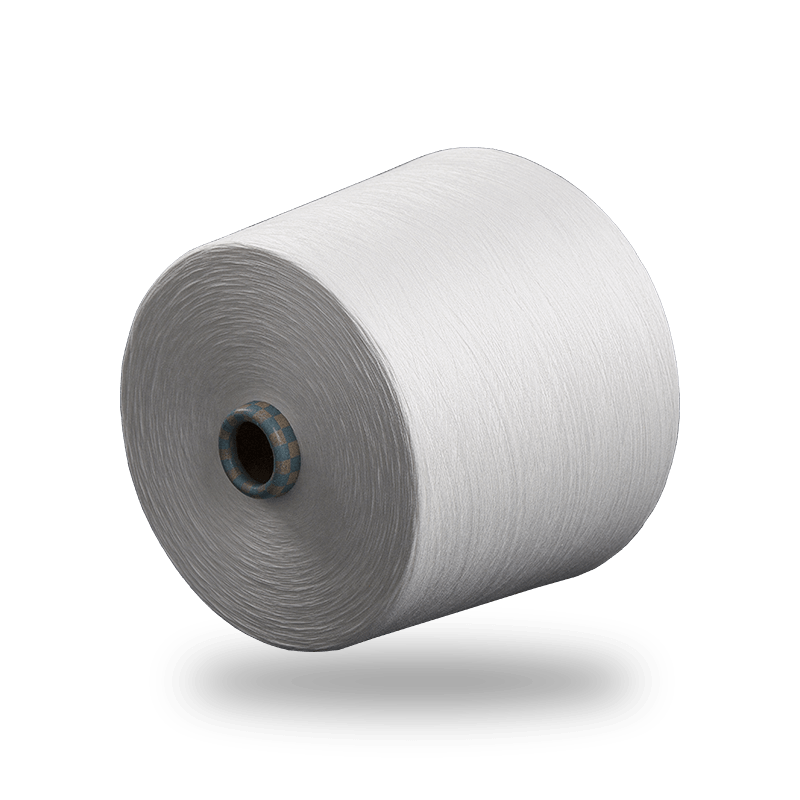In the dynamic landscape of textile manufacturing, the ability to scale production swiftly and efficiently in response to fluctuating demand is crucial for maintaining competitiveness and meeting customer expectations. Ring Spun, renowned for its high-quality yarn produced using advanced technologies like the Langway spinning machine from India and Japan's Murata fully automatic winding machine, faces the pivotal question: How scalable is their production to meet increasing demand?
Current Production Capacity and Equipment Flexibility
Ring Spun's current production capacity forms the backbone of its scalability. Equipped with cutting-edge machinery, including the Langway spinning machine and Murata winding machine, the company boasts robust capabilities in yarn manufacturing. These machines are pivotal in ensuring the yarn's smoothness, uniformity, and high strength, characteristics highly valued in industries such as knitting and weaving.
The Langway spinning machine, known for its efficiency in spinning fine yarn with minimal irregularities, and the Murata winding machine, recognized for its automated precision in yarn winding, are instrumental in Ring Spun's operations. However, while these machines offer advanced capabilities, their scalability depends on factors such as maintenance requirements, throughput capacities, and the adaptability to handle increased production volumes without compromising quality.
Supply Chain Readiness and Production Processes
Beyond equipment, Ring Spun's scalability hinges on the readiness of its supply chain and the efficiency of its production processes. The availability and reliability of raw materials, sourced globally, play a critical role. A well-managed supply chain ensures uninterrupted flow, crucial for sustaining increased production levels during periods of heightened demand.

Production processes within Ring Spun's facilities are optimized for efficiency and reliability. Factors such as downtime management, changeover times between different yarn specifications, and overall process reliability are key considerations in assessing scalability. Continuous improvement initiatives and investments in process optimization bolster Ring Spun's ability to ramp up production swiftly when needed.
Strategic Investments and Market Responsiveness
Ring Spun's approach to scalability also involves strategic investments in capacity expansion and technology upgrades. Past investments in expanding production capabilities, coupled with ongoing assessments of market demand forecasts, inform proactive decisions regarding future capacity enhancements. These investments not only cater to current demand but also position Ring Spun favorably to capitalize on emerging market opportunities.
Furthermore, the company's ability to respond swiftly to market dynamics sets it apart. With a keen understanding of industry trends and customer requirements, Ring Spun adjusts production levels promptly to meet fluctuating demands. This agility is complemented by a skilled workforce trained to operate and maintain sophisticated machinery effectively.
Conclusion: Meeting the Challenges Ahead
In conclusion, Ring Spun demonstrates a commendable level of scalability in its production capabilities. Leveraging advanced technology, a robust supply chain, optimized production processes, and strategic investments, the company is well-positioned to meet increasing demand in the competitive textile market. While challenges such as equipment limitations and supply chain complexities exist, Ring Spun's proactive approach to scalability ensures that it can adapt swiftly to changing market conditions and customer needs.
As the textile industry continues to evolve, Ring Spun's commitment to innovation and operational excellence underscores its readiness to navigate future challenges and capitalize on opportunities for growth. By maintaining a balance between technological advancement and operational agility, Ring Spun reaffirms its position as a leader in delivering high-quality yarn solutions tailored to global market demands.


 English
English 中文简体
中文简体 Español
Español عربى
عربى










